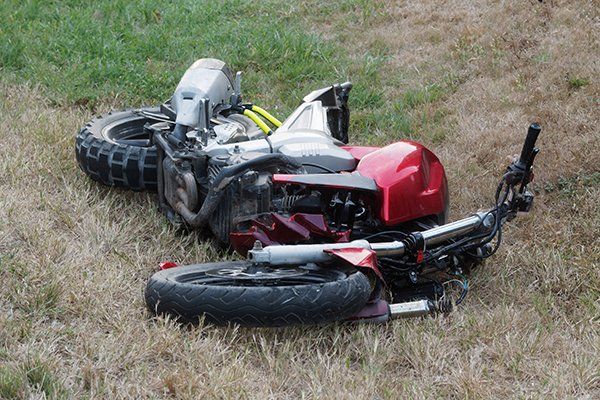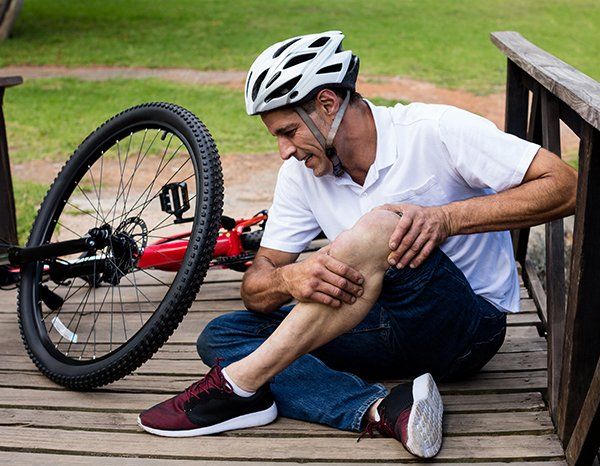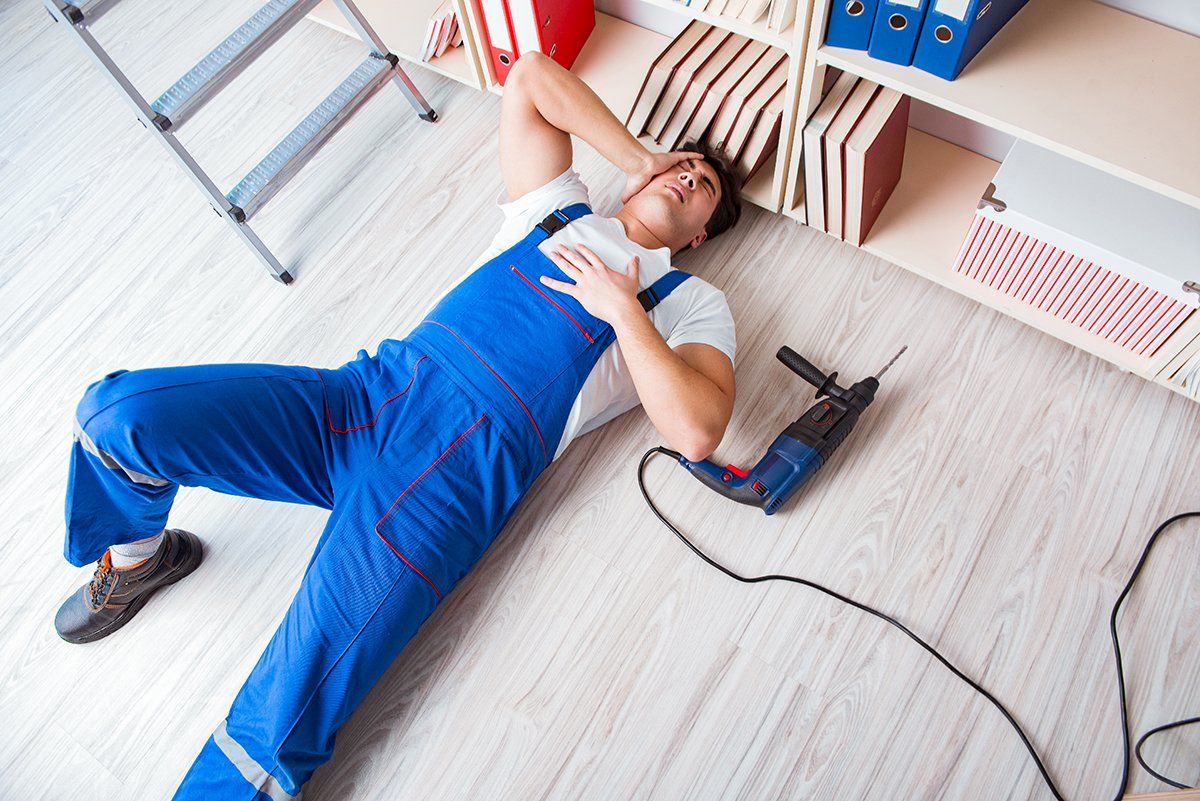The information on this website, including articles, is provided for general information purposes only. It is not intended as legal advice and should not be relied on as such.

motorcycle crash
Write your caption hereButton
11 Things To Do RIGHT AWAY After a Personal Injury
January 5, 2024
Documentation and Preserving Evidence
Personal injuries can be physically, emotionally, and financially devastating. Whether you've been involved in a car accident, suffered a slip and fall, or experienced any other type of personal injury, knowing what steps to take immediately following the incident and how to find the right attorney can significantly impact your recovery. Here are 11 things to do right away after a personal injury.
Immediate Actions After a Personal Injury
1. Seek Medical Attention:
The first and most crucial step after a personal injury is to seek immediate medical attention, even if your injuries seem minor. Some injuries may not be immediately apparent but could worsen over time. Documenting your injuries with a medical professional is essential for both your health and any future legal claims.
2. Preserve Evidence:
Gathering evidence is crucial for building a strong case. This includes taking photographs of the accident scene, your injuries, and any property damage. Additionally, collect names and contact information for any witnesses, as their statements may be vital later on. Finally, write down as soon as you can what happened. For example: Did the other person not signal? How far away were you? Which way were you travelling? Was there water on the floor that you slipped on? Did something fall from a shelf and hit you? How high up was the shelf? Writing down what happened in the accident no later than the day of the crash will be invaluable for your attorney. Memory starts getting foggy pretty quickly after a crash or accident.
3. Report the Incident:
Depending on the nature of the injury, report the incident to the relevant authorities. For instance, if it's a car accident, call the police to file a report. If you slipped and fell on someone else's property, report it to the property owner or manager.
4. Don't Discuss the Case:
Avoid discussing the details of the incident with anyone except your attorney and healthcare providers. Statements made to insurance companies, friends, or social media can be used against you.
5. Document Everything:
Keep detailed records of your medical treatment, expenses, and any changes in your physical or emotional condition. These records will be essential when seeking compensation. In my case, after my motorcycle crash, as soon as I was discharged from the hospital and home (same day of crash) I picked up my computer and wrote down everything I remembered about the crash: the timeline, weather, where my bike was on the road, where the other vehicle was, what I was doing and thinking to avoid a collision ... everything. And that was invaluable to my lawyers.
6. Contact an Attorney:
Once you've addressed your immediate medical needs and documented the incident, it's time to find a personal injury attorney who can help you navigate the legal process.
Finding the Right Personal Injury Attorney
7. Research and Referrals:
Start by researching reputable personal injury attorneys in your area. You can ask friends, family, or colleagues for referrals or use online resources to find experienced attorneys with positive reviews.
7. Interview Attorneys:
Schedule consultations with potential attorneys to discuss your case. During these meetings, ask about their experience in handling cases similar to yours, their success rate, and their fees.
9. Check Credentials:
Ensure the attorney is licensed to practice in your jurisdiction and is a member of relevant professional organizations, such as the Canadian Bar Association or your province's bar association.




10. Evaluate Communication:
Effective communication is key in a lawyer-client relationship. Choose an attorney who is responsive, attentive, and willing to explain the legal process in a way you can understand.
11. Fee Structure:
Discuss the attorney's fee structure upfront. Many personal injury attorneys work on a contingency fee basis, meaning they only get paid if you win your case. Make sure you understand their fees and any additional costs associated with your case.
Dealing with a personal injury can be overwhelming, but taking the right steps in the immediate aftermath and finding the right attorney can make a significant difference in the outcome of your case. Prioritize your health, document everything, and choose an experienced personal injury attorney who will fight for your rights and help you obtain the compensation you deserve. Remember that seeking legal representation is often the best way to ensure your rights are protected and justice is served.
Why wait? Call NOW for your free consultation!
Business Hours
- Mon - Fri
- -
- Sat - Sun
- Closed
The information on this website, including articles, is provided for general information purposes only.
It is not intended as legal advice and should not be relied on as such.
Google Reviews
Edit Google Reviews Widget
Copyright Luxe Referral | Proudly powered by Snapps | Created by JCH Digital
